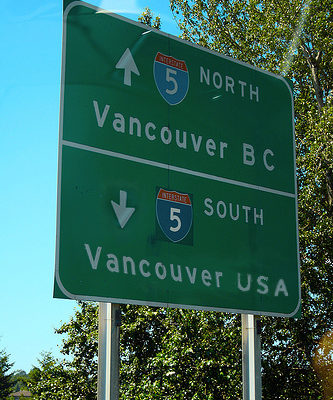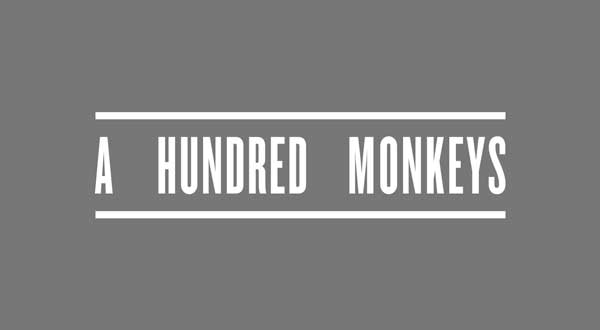Word wars: the Scrabble scramble
by Jeffery Racheff
If the word “tile” makes you think of vowels or consonants and not your bathroom floor, you might be a Scrabble junkie. If you know a two-letter word that begins with Q, you might be a Scrabble junkie.
And if you are a Scrabble junkie, your world was nearly flipped upside down recently when a rumor started spreading that the rules for its latest edition were going to be drastically changed. As the story goes, proper nouns (infamous no-nos in the OG game) would now be legal, along with reversed words and letter-swapping between players. That means anyone who challenges my play of “sprubytoob atiroiñes” would be carving themselves a big fat zero for that round because it’s the name of a hamster I once had spelled backwards.
If you think that sounds like terror at the gaming table, you’re not alone. Many fans expressed outrage at the fact that the proposed changes would allow the unskilled to excel. Anyone could just play the consonant-rich names of their imaginary friends and end up beating the most seasoned champions. Besides, instead of memorizing the dictionary you’d have to memorize Wikipedia.
The backlash came swiftly. Conservative Scrabble groups formed almost immediately. Players afraid their beloved game was headed for wussy liberal relativism, where anything and anyone goes, talked of setting up extremist factions dedicated to preserving ancient Scrabble traditions. Xs and Zs were hoarded, and velvet tile bags were buried.
Of course, none of that actually happened. Mattel, who owns the U.K. rights to the game (Hasbro owns rights in the U.S.), clarified soon after that the rule changes were for a Scrabble off-shoot called Trickster and not for the classic game. So in the end people freaked out for a few hours, and then everything was back to the normal, maddening competition we all love.
But all the ruckus demonstrated one thing — don’t mess with the rules we’ve perfected bending. Part of the reason Scrabble is popular is because it is so well defined, and is not so susceptible to weird “house rules.” That’s because the game’s creator, Alfred Mosher Butts (seriously), got it right the first time.
Board game brands like Scrabble are as much wrapped up in their names and layouts as they are in the rules themselves. So legalizing proper nouns would be like letting people print their own money in Monopoly, or allowing players to kill each other in Life. It’s the exact opposite of the point of the game. And that’s tricky territory when your brand relies on maintaining its tradition.
So give Mattel a triple word score for shoving Scrabble back into the headlines, while also promoting the new Trickster version in the same play. They provoked new fans and teased the old ones. Because nothing gets people energized for game night like a little controversy.

